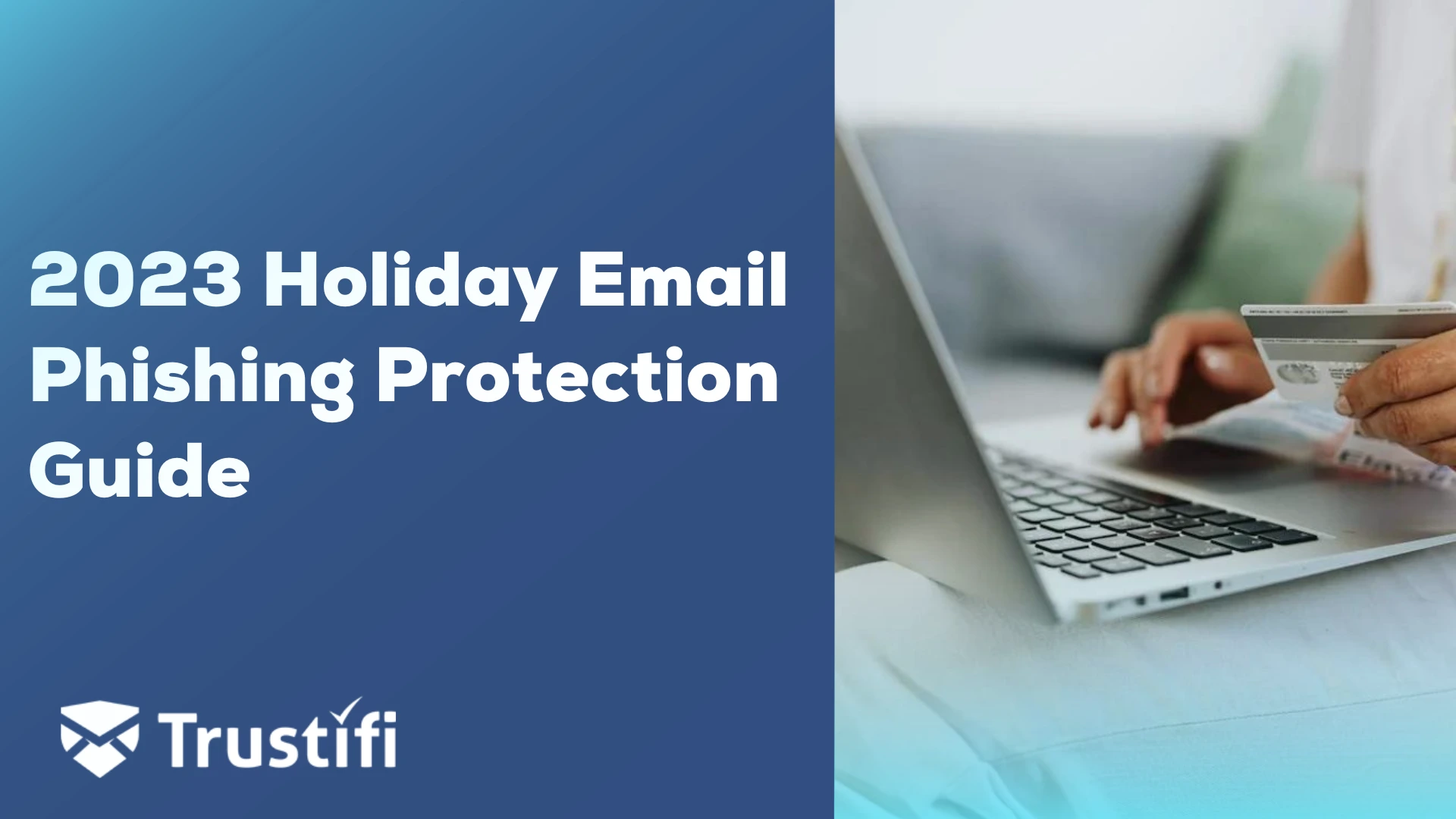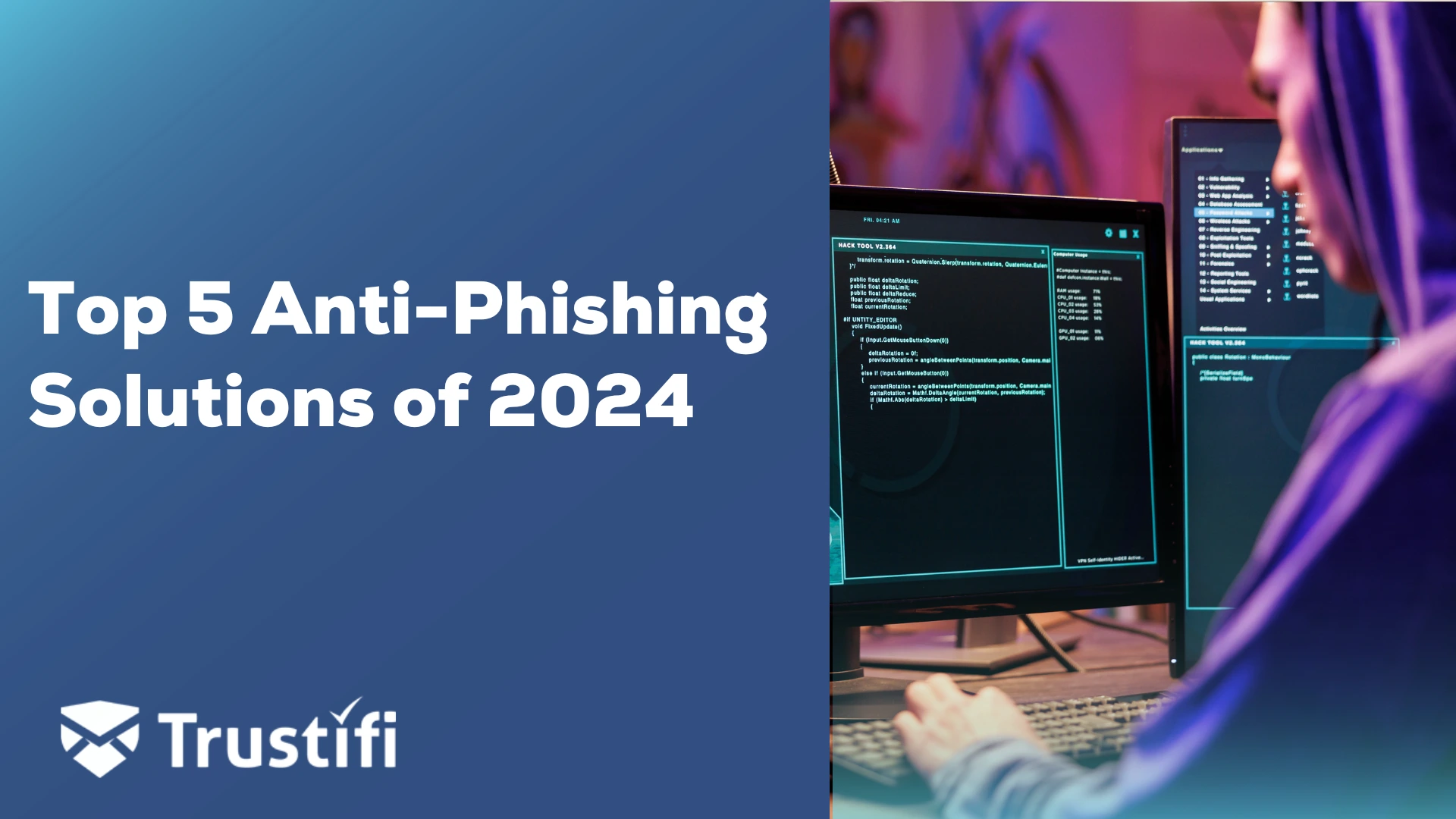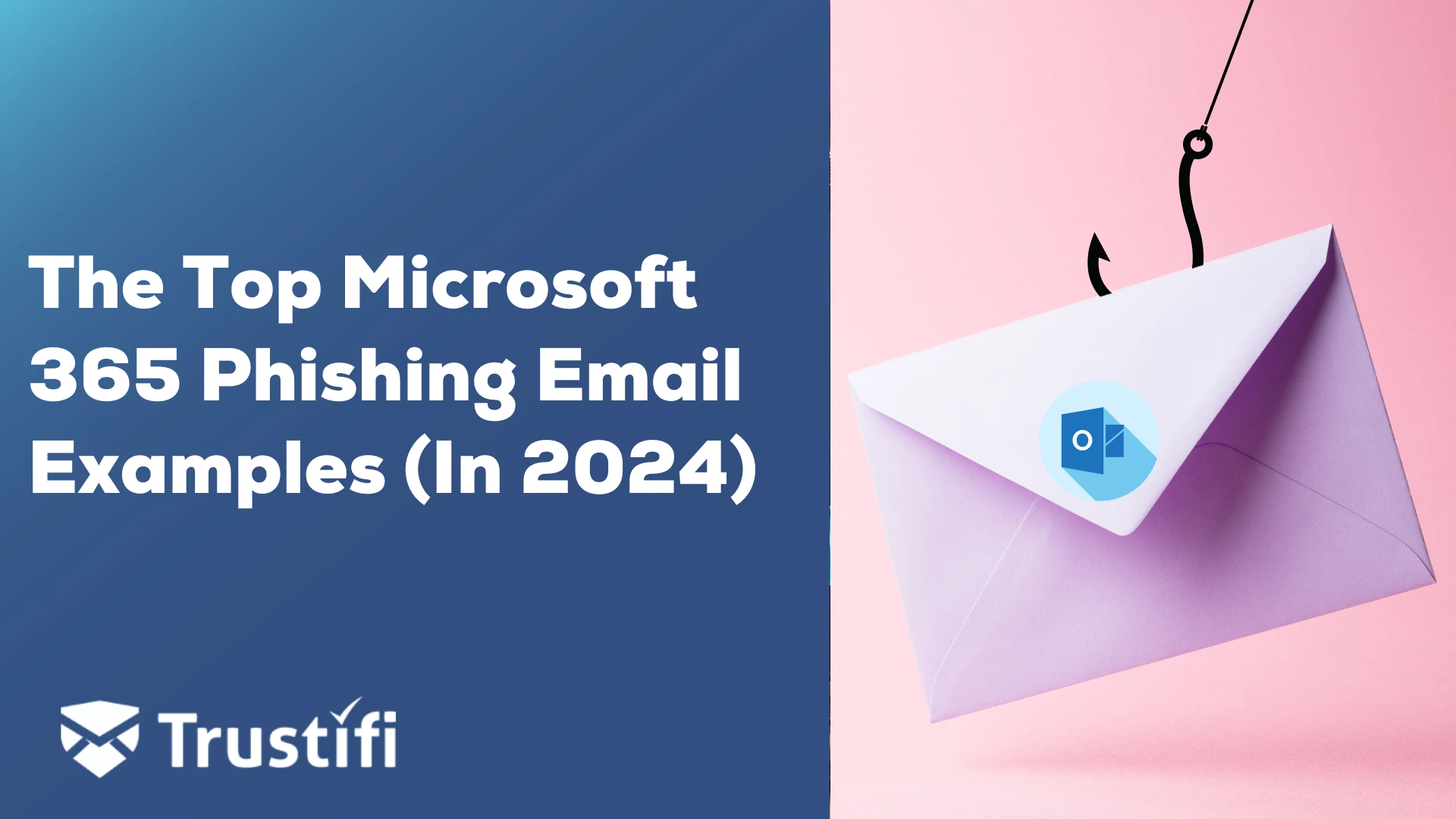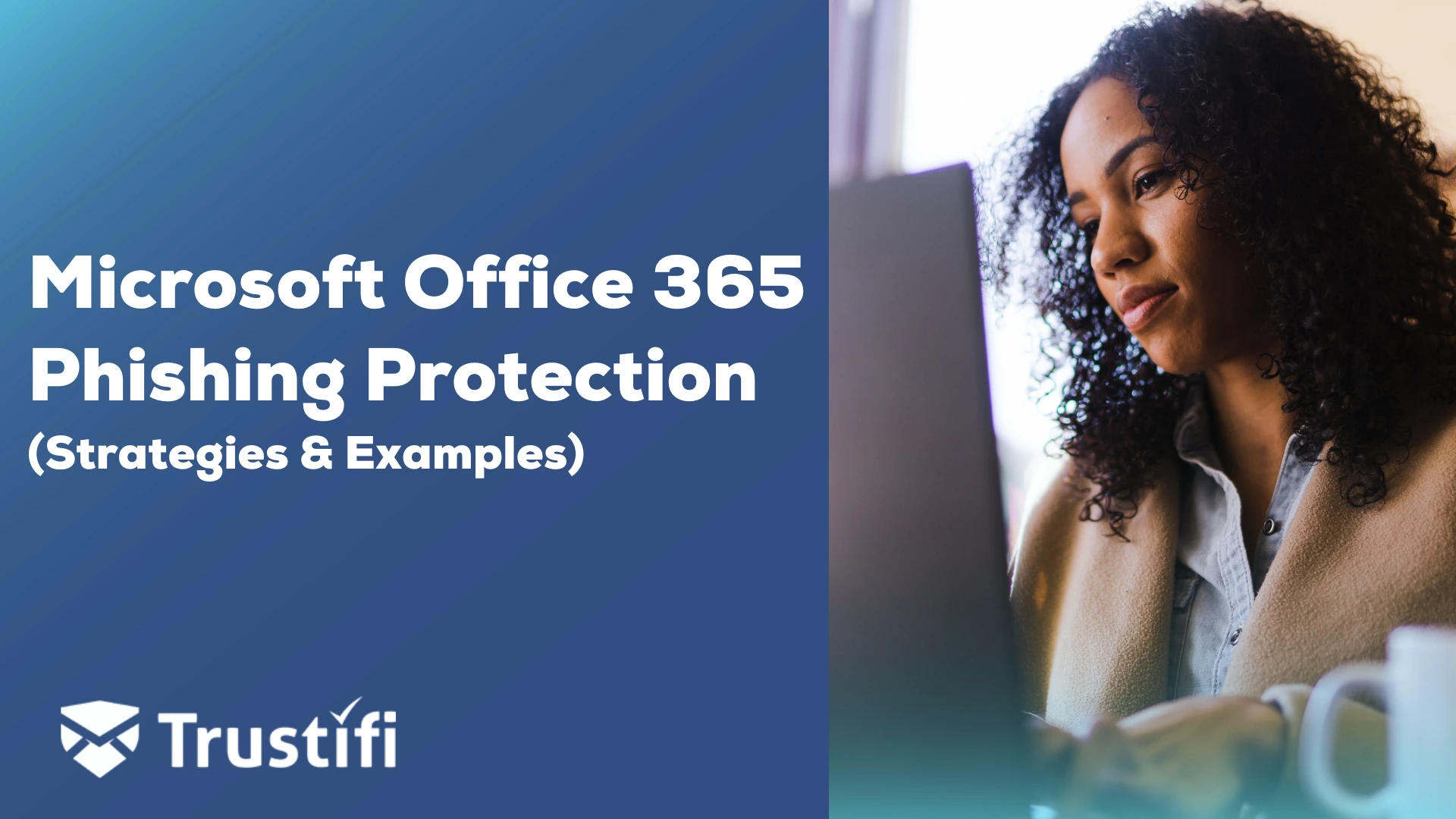Email phishing scams are commonplace regardless of the time of year. Hackers and scammers will alter their attack vectors with well-crafted emails powered by WormGPT for every holiday shopping scam targeting Thanksgiving, Christmas, and religious holidays.
Trustifi, a global email security provider, monitored the global threat landscape and helps stop holiday email attacks.
Why Are Email Phishing Attacks Common During the Holidays?
Thanks in part to hacker AI, scammers and phishes can alter their attacks faster to increase the efficiency of their email scams. Current email filtering systems are no match for these next-generation attacks powered by AI.
The fake holiday email scam attacks are very challenging for many email users. Many expect unsolicited legitimate emails, including those from long-lost relatives sending Amazon gift cards.
Hackers use email phishing with various messaging genres to lure more victims into clicking on suspicious links and downloading malware or other rogue packages.
These fake email genres include:
- Christmas Gift from your uncle Bill and aunt Mary.
- Amazon return label.
- An Amazon notification attempts to deliver the messages with your updated name, address, and phone number.
- Receiving an email receipt of delivery of Amazon package at your door.
- Receiving an email customer service survey from Amazon requesting your name, address, and phone number.
- An email confirming an order just received by you requesting additional information including your credit card and home address.
While these subject lines seem very common to most people, these subjects embedded with suspicious emails are part of a holiday gmail phishing scam.
What Clues live Inside the Email Users Should Lookout For?
Even with the most well-crafted emails drafted by WormGPT or other AI-enabled tools, users need be extra careful with each Amazon, Best Buy, Target, Walmart.com, and other online retailer email. Here are some best practices users should consider when opening an email, especially during the holiday season.
- Be cautious with your personal details and gift cards.
- Check the sender’s address and URL to see if the email originated from the expected online site.
- Don’t click links in unverified emails or texts.
- Hint: Amazon never asked for personal information via email.
What Are Some Preventative Measures to Avoid Phishing Attacks?
With each email you receive from e-commerce sites, especially ones containing gift cards, returns, confirmation of sales, deep discounts, or emails that want you to act now before it is too late type messages, here are some good practices to adopt:
-
If you receive an Amazon gift card from your favorite Uncle Bill and Aunt Mary yet realize you have no Uncle Bill, chances are this is a scam message.
- Suppose you receive an email with a return label from Amazon or any other online shopping site and yet, you haven’t purchased anything recently or requested a return. In that case, this email phishing attack wants you to click on the malicious link and fill out login & security information and bank account information.
- If you receive a message requesting an updated delivery address, yet your last order was several months ago. This is most likely an email phishing attack from phishing scammers.
Before panic sets in, here are some quick things every user can do:
- Relax – It is only an email! When in doubt, delete the email, especially if you see the warning signs.
- Validate- Validate the sender’s email address – If the address has Amazon.com in the domain like this one, digital-no-reply@amazon.com, then check to see if the email originated from Amazon.com. Anything else, mark as a phish or spam.
- Spelling and Grammar Checking – Check for spelling mistakes, grammatical errors, and confusing language within these fraudulent emails.
- Call Amazon customer service if you have any account issues.
Bringing Cloud-based Email Security to Fight Against Amazon Phishing Attacks.
Amazon phishing attack prevention requires teamwork between Amazon, the buyers, the sellers, and the next-generation email security providers like Trustifi.
We recommend home users dealing with email phishing attacks to perform the following level of protection:
- Make sure all your devices have the most updated anti-virus and anti-malware software.
- Ensure your mobile, MAC, PC, and tablets have the latest software updates.
- Ensure your browser stays updated with the software updates.
- If you are a Google home email user, enable email filtering within Google’s configuration.
These protective steps will help stop a good amount of spam and email phishing attacks.

For corporate users, evaluating your current email security capabilities to determine if the organization needs to update to next-generation email security solutions.
Most likely, your existing secure email gateway or first-generation cloud-based solution is no longer effective, especially with hacker AI-enabled email phishing attacks.
Cloud-based email security platforms like Trustifi continue to innovate with additional AI-protected capabilities and cloud elasticity for scalability. These capabilities will help reduce the impact of future Amazon phishing attacks and provide scaling to handle higher volumes of attack traffic.
Why Trustifi?
As a global cybersecurity provider of both inbound and outbound email protection, Trustifi currently supports customers from countries including the USA, Canada, Brazil, the Dominican Republic, the UK, the Netherlands, India, the UAE, China, and Japan, Cyprus, the Philippines, and more. The company has also developed “One-Click Compliance” capabilities that cater to world security regulations, including PDPO for Hong Kong, POPI for South Africa, GDPR for Europe, and LGPD for Brazil.



